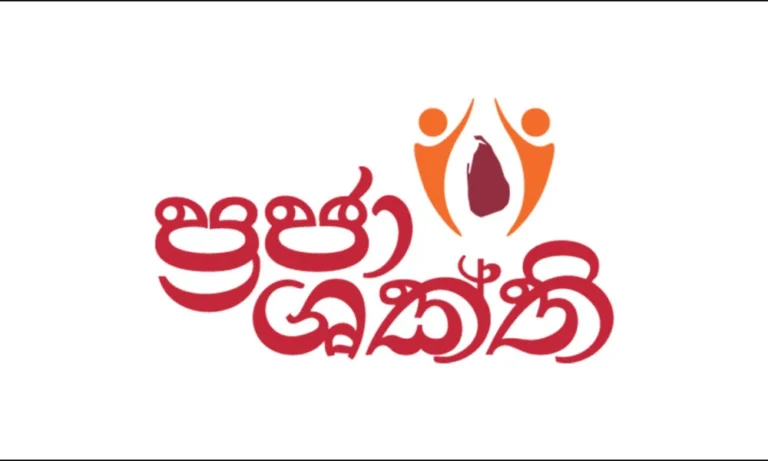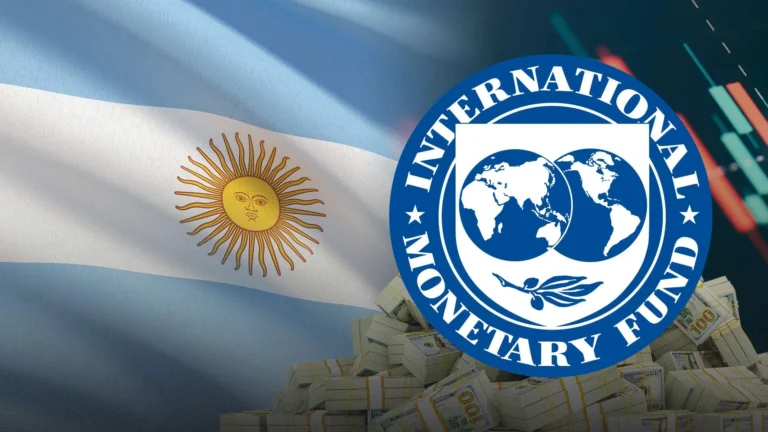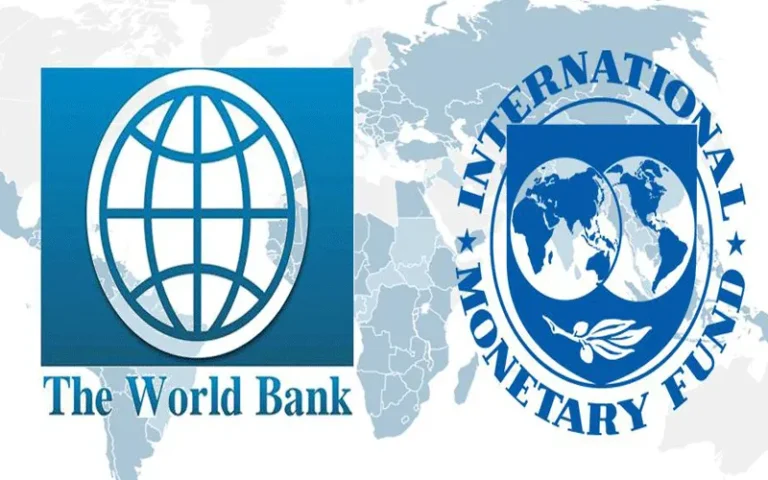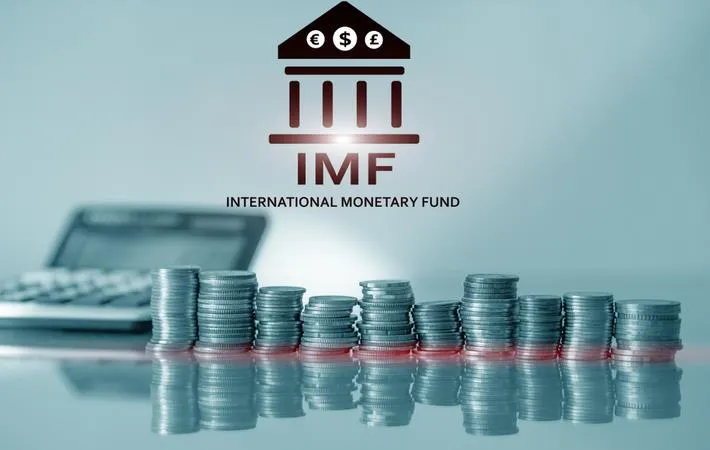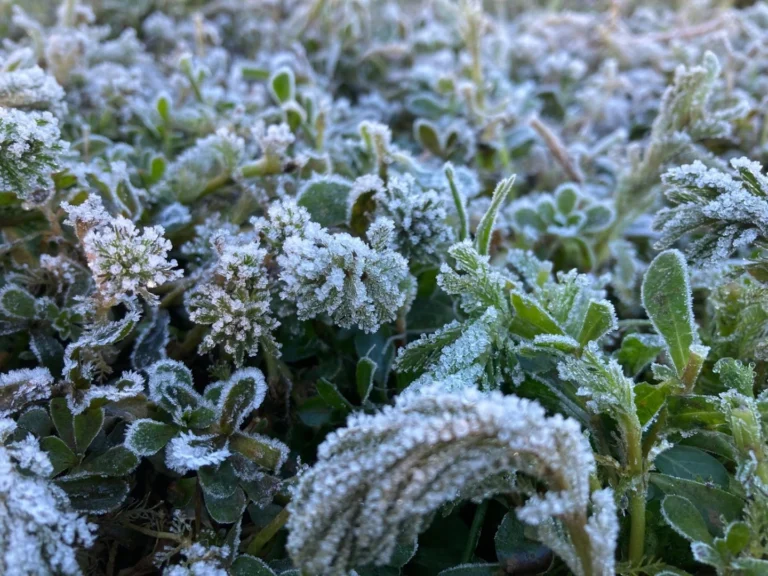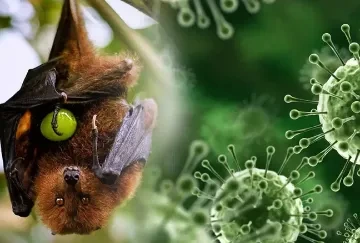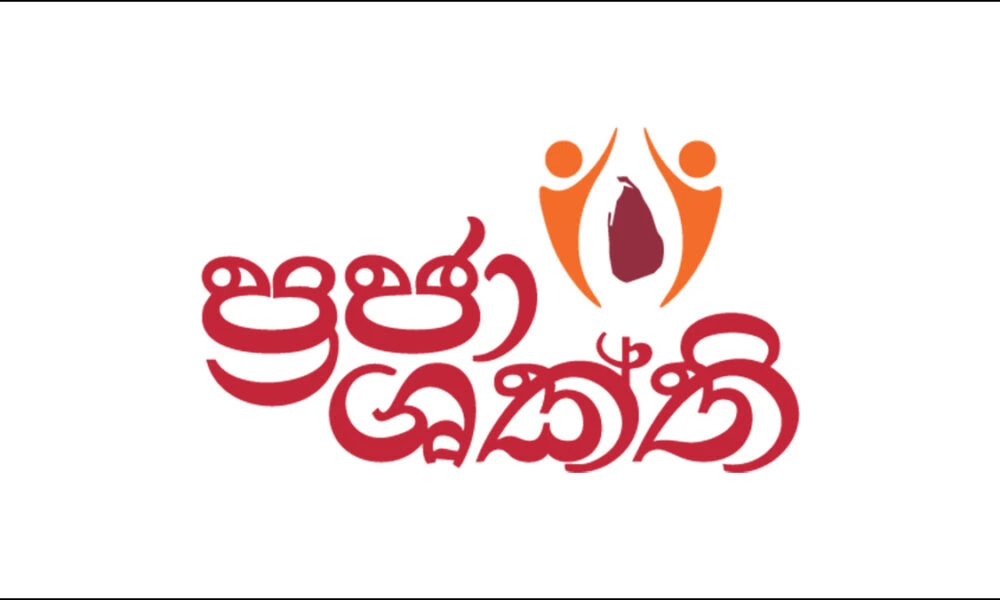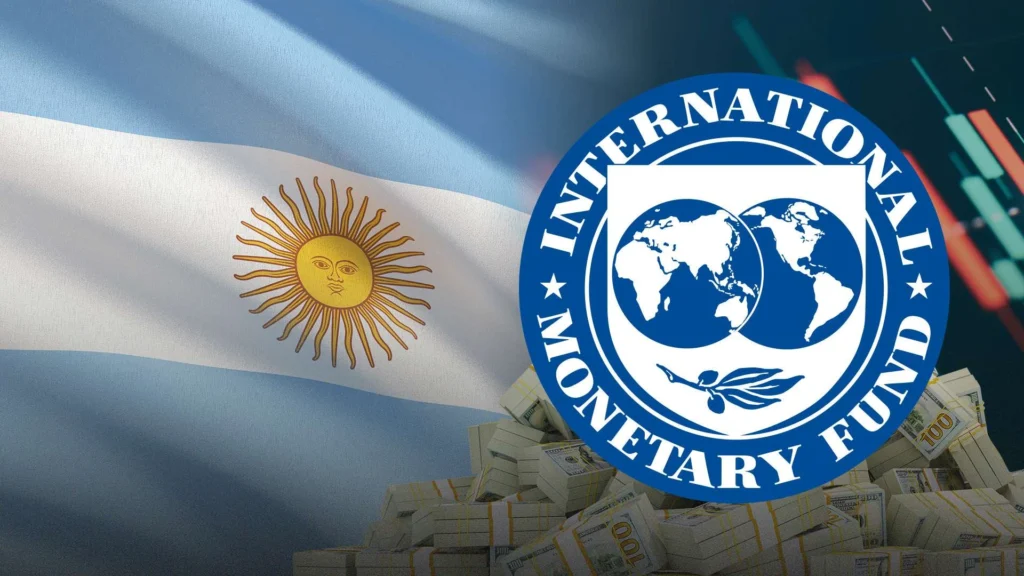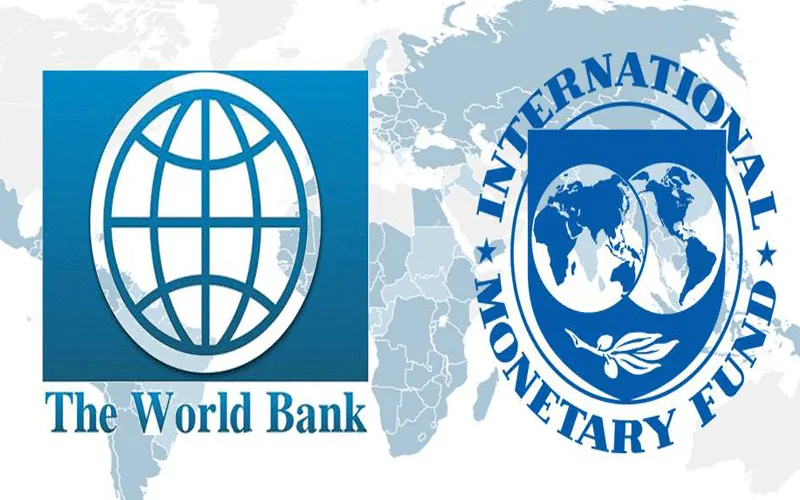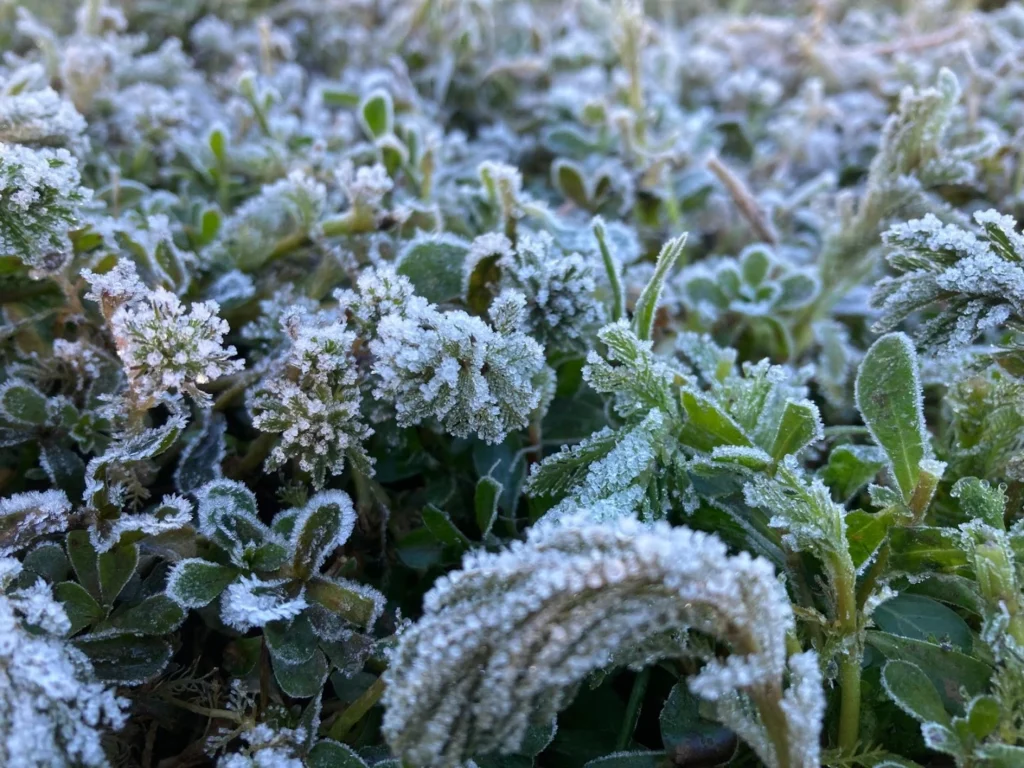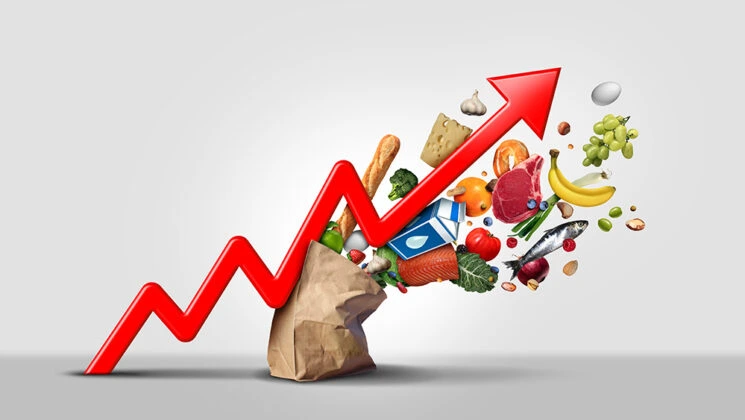On September 21, 2024, Sri Lankans will head to the polls to vote in the country’s ninth presidential election. Out of 38 candidates, three top contenders are expected to dominate the race: incumbent President Ranil Wickremesinghe, Opposition Leader Sajith Premadasa, and JVP/NPP leader Anura Kumara Dissanayake. Other notable candidates include Hambantota MP Namal Rajapaksa, former Batticaloa MP Packiyaselvam Ariyanethiran, and entrepreneur Dilith Jayaweera, each expected to secure a significant number of votes.
Ranil Wickremesinghe: A Confident Campaign
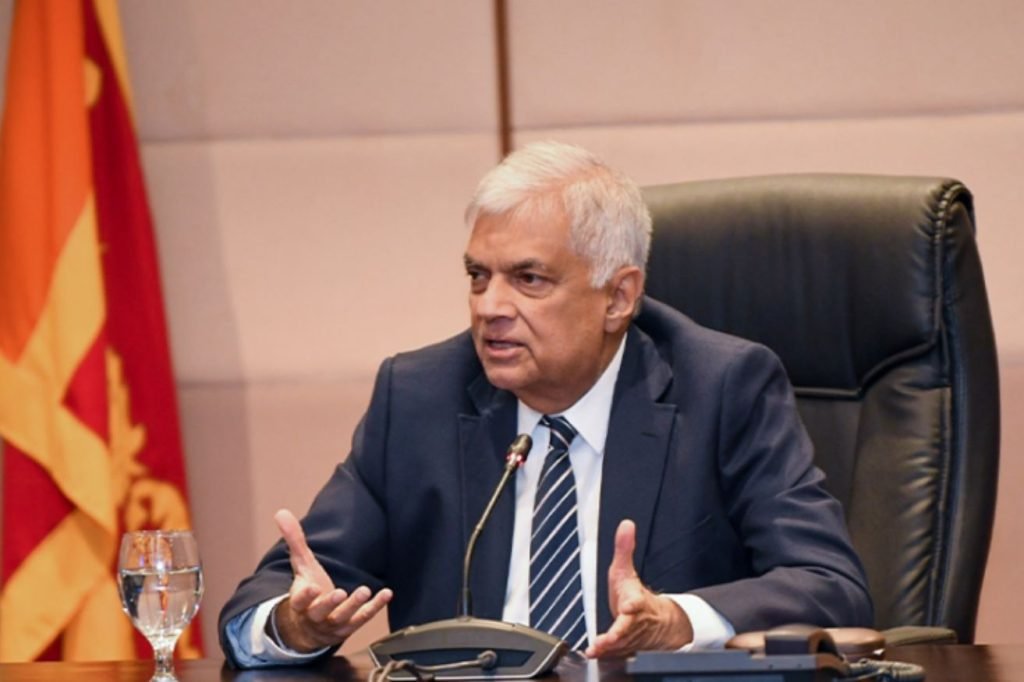
President Ranil Wickremesinghe recently sat down for an interview with Daily FT Editor Nisthar Cassim, where he expressed confidence in his chances at the upcoming election. Wickremesinghe has emphasized his unique contributions to the country’s economic recovery, stating that no other candidate has presented novel ideas like his focus on an export-oriented economy, women’s empowerment laws, and agricultural modernization.
When asked how the campaign had progressed, Wickremesinghe acknowledged that the race is still wide open, with many voters considering their options. However, he believes his strategy of starting the campaign later, after nominations were confirmed, has given him momentum. His calm and composed demeanor during his campaign has caught the attention of voters across Sri Lanka, with many appreciating his light-hearted yet focused approach.
Wickremesinghe has visited several regions of the country, from Kilinochchi to Dambadeniya, connecting with people from all walks of life. His interactions have been marked by moments of humor and warmth, with one particularly memorable instance involving a Tamil woman who gifted him a cap in gratitude for his role in Sri Lanka’s economic recovery. Wickremesinghe’s charm and cool confidence suggest that he is either fully assured of his victory or mentally detached from the outcome, adopting a philosophy akin to the teachings of the Bhagavad Gita—performing his duty without attachment to the result.
Political Environment: The Illusion of Front Runners
Despite the energy surrounding other candidates like Anura Kumara Dissanayake and Sajith Premadasa, Wickremesinghe’s confidence stands in stark contrast to public perception. Social media campaigns, advertisements, and large gatherings have created the impression that Dissanayake and Premadasa are leading the race. However, political pundits often overlook Wickremesinghe’s calm resolve.
While Dissanayake’s slogan promotes the idea that “The Country is Anura’s” and Premadasa’s campaign declares “Sajith is the Winner,” Wickremesinghe’s slogan, “Puluvan Sri Lanka/Iyalum Sri Lanka,” places the country above individual candidates, stating simply that “Sri Lanka Can.” This distinction sets Wickremesinghe apart, showing that his focus remains on the nation’s future rather than personal victory.
The Dominant Theme: It’s the Economy
Economic stability is the central theme of the 2024 presidential election. The famous slogan from Bill Clinton’s 1992 campaign, “It’s the economy, stupid,” aptly applies to Sri Lanka’s current political climate. Although opponents of Wickremesinghe have tried to shift the focus to other issues, the reality is that Sri Lanka’s economic future remains the most pressing concern for voters.
Wickremesinghe’s strength lies in his handling of the economic crisis that gripped the country in 2022. Under the Rajapaksa regime, Sri Lanka faced severe shortages of essential goods, fuel, and foreign currency reserves. The nation was on the brink of collapse, with widespread protests, known as the “Aragalaya,” against the government. During this tumultuous time, Wickremesinghe took office first as Prime Minister and then as President, stepping in when leaders like Premadasa and Dissanayake refused the role.
Despite personal attacks, including the burning of his house, Wickremesinghe remained steadfast. He restored law and order, rebuilt the government, and secured international support, including a crucial deal with the International Monetary Fund (IMF). This deal has been key to Sri Lanka’s economic revival, stabilizing the country and preventing a potential famine.
Wickremesinghe’s Economic Reforms

Wickremesinghe’s collaboration with the IMF has been pivotal in steering Sri Lanka toward recovery. Under his leadership, inflation has decreased, the Sri Lankan rupee has strengthened, and the agricultural sector, decimated by previous policies, is on the road to recovery. Tourist arrivals have also increased, and remittances from overseas workers are contributing to the economy’s stabilization.
However, challenges remain. While basic goods and services are now available, affordability is still a significant issue for many Sri Lankans. Wickremesinghe’s government has introduced several initiatives to ease the burden on citizens, such as salary increases for government workers, pensions, and the “Aswesuma” scheme, which provides monthly allowances to low-income families. The “Urumaya” scheme has also been launched, giving people ownership of land, houses, and apartments.
Despite these gains, Wickremesinghe acknowledges that Sri Lanka’s recovery is not yet complete. The country has a temporary respite from debt repayments, with a moratorium in place until 2028. However, long-term economic growth is essential to ensure that Sri Lanka can meet its financial obligations when the time comes to start repayments.
Stability, Continuity, and Growth
Looking ahead, Wickremesinghe believes that his leadership is crucial for Sri Lanka to transition from economic stability to growth. The 2024 election represents a pivotal moment for the country, and Wickremesinghe argues that his experience and proven track record make him the best candidate to oversee this transition.
At 75 years old, Wickremesinghe may be seeking his final term as President. His motivation is not only to lead Sri Lanka through the next phase of economic growth but also to secure a direct mandate from the people. In 2022, Wickremesinghe was appointed by Parliament, not elected by the people. This election offers him a chance to solidify his legacy as the leader who successfully navigated Sri Lanka through one of its most challenging periods.
The Fear Factor: JVP-NPP Concerns
Although Anura Kumara Dissanayake and the JVP/NPP have worked hard to present a moderate image, many Sri Lankans remain concerned about their potential leadership. The violent actions of some JVP supporters during the “Aragalaya” protests, along with memories of the JVP’s past insurrections in 1971 and 1988, still linger in the minds of older generations. Similarly, doubts persist about Sajith Premadasa’s ability to lead the country through a crisis, given his lack of experience at the national level.
In contrast, Wickremesinghe has a proven track record. He has already demonstrated his ability to lead Sri Lanka through an economic crisis, while his opponents are largely untested. Many voters are seeking stability, and they believe that Wickremesinghe is the candidate most capable of delivering it.
A Silent Majority for Wickremesinghe?
According to reports from within Wickremesinghe’s campaign, there is a “silent majority” of voters who support the President but are not vocal about their choice. These voters are expected to quietly cast their ballots for Wickremesinghe on election day, believing that he is the best candidate to ensure Sri Lanka’s economic recovery.

As the election approaches, the question remains: will the people of Sri Lanka choose continuity and stability by re-electing Ranil Wickremesinghe, or will they opt for change with a new leader? Wickremesinghe is confident that his track record and vision for the future will resonate with voters, leading to another term in office.


